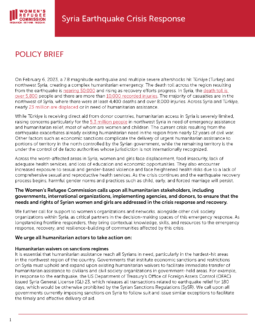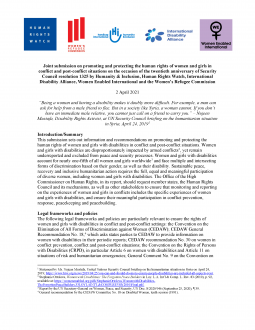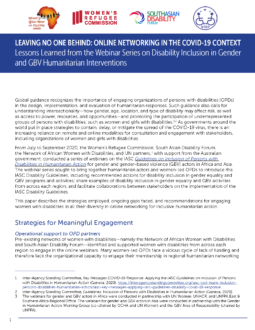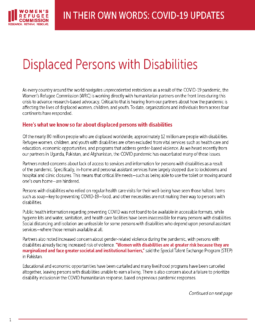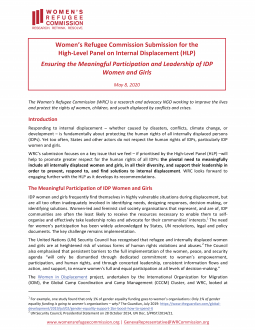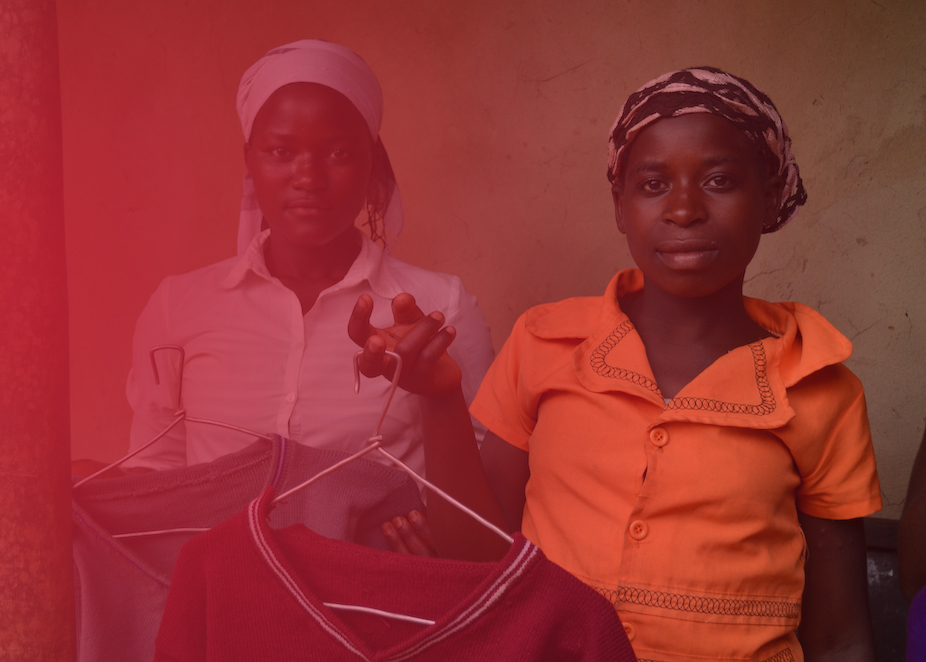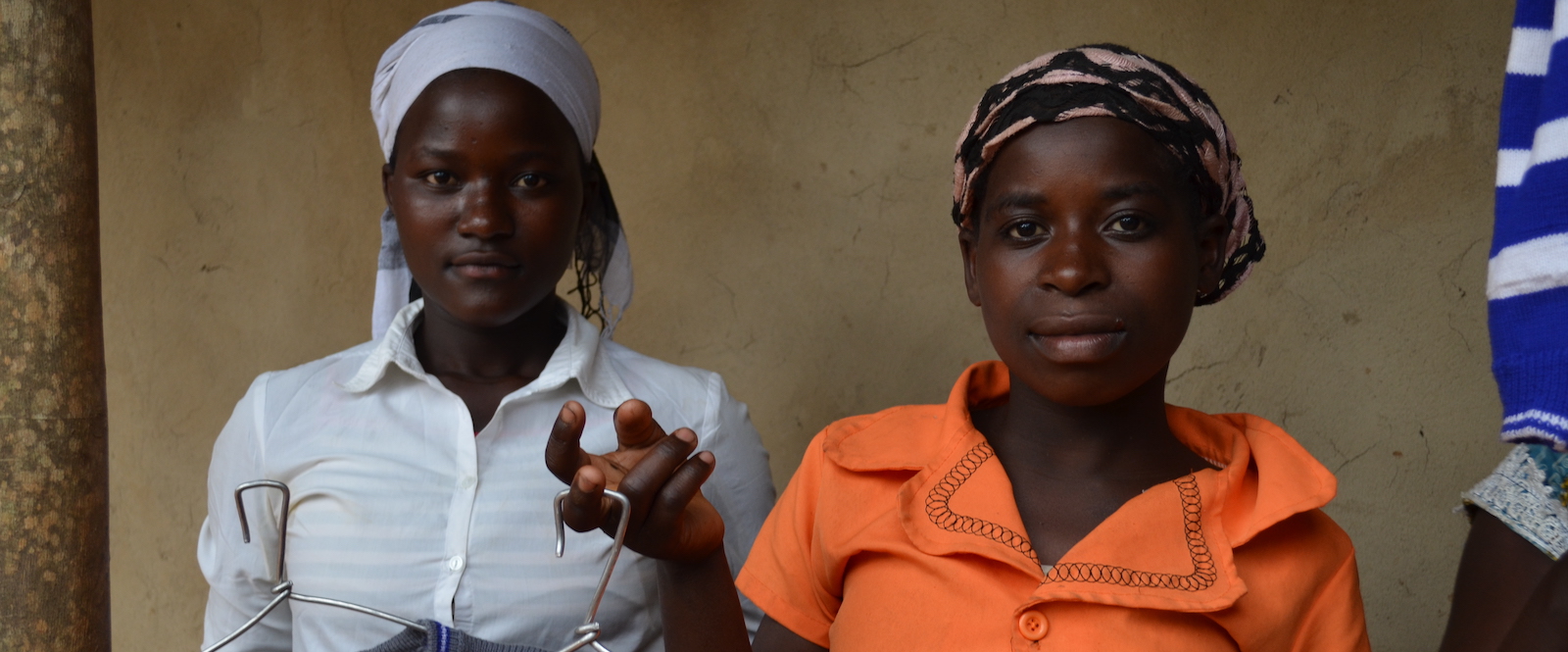Disability Inclusion
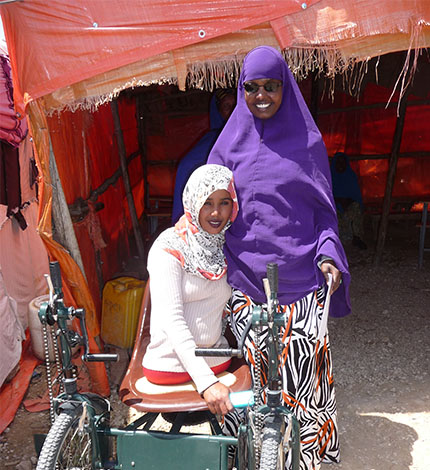
Of the more than 120 million people who are forcibly displaced worldwide, at least 17.6 million are people with disabilities. Refugee women, children, and youth with disabilities are often excluded from vital services, including those that address gender-based violence, programs for adolescents and youth, and education on sexual and reproductive health care. The Women’s Refugee Commission’s disability inclusion work has identified what works for refugee women, children, and youth with disabilities. We advocate for their inclusion across all humanitarian programs and services and for strengthening the leadership of organizations of women with disabilities in humanitarian action. We also work to inform and influence resilience-based approaches in humanitarian settings and push for greater accountability.


